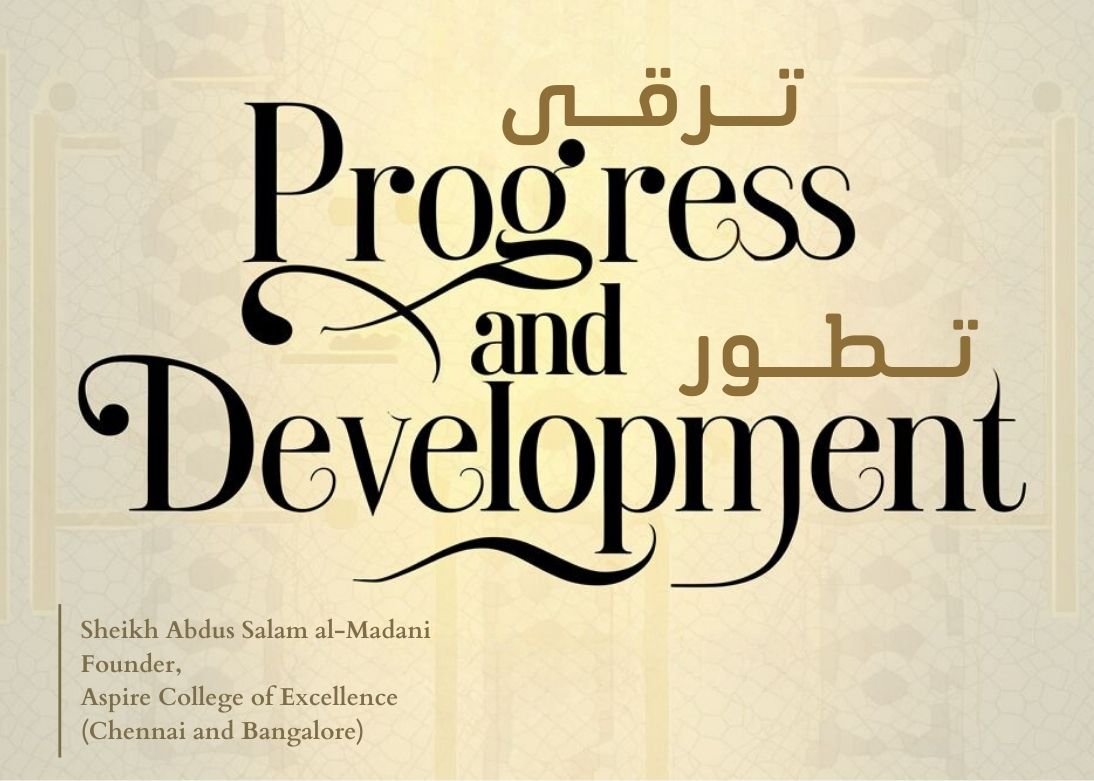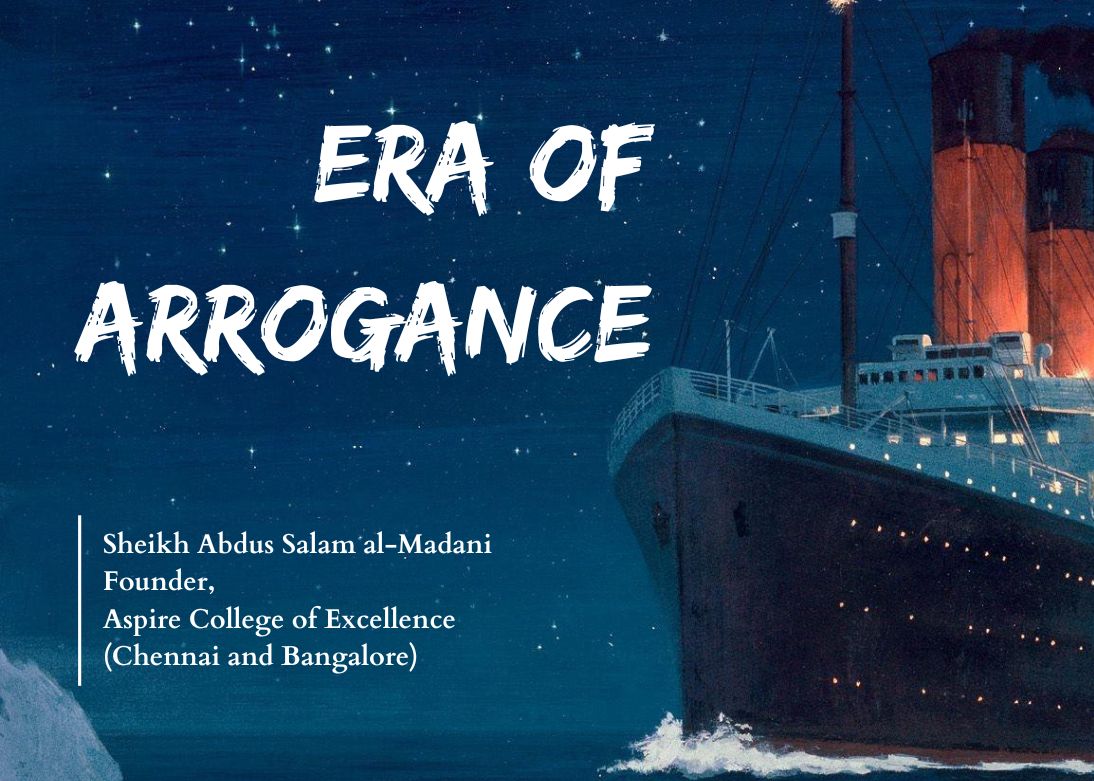
ISLAMIC GOVERNMENT - DEOBANDI, SALAFI, BARELVI OR IKHWANI
The way of Ahl-e-Hadith means that every issue should be looked at from the perspective of the Qur'an and Hadith according to the understanding of the Sahabah (May Allah be pleased with them); and this alone should be the basis of preference.
While all other schools of thought and movements, see things from the perspective of their schools, its particular methodology and the understanding of their elders. In this way, they develop partisan characteristics and features, and are thereby known and recognized through these specific characteristics.
Everyone realises this fact, but if it is - according to the terminology of the Shariah - termed as a 'sect', they are annoyed, while it is in reality a sect. That is why Islamic Mujaddideen (renovators), despite rendering a great deal of service never formed their own separate group, movement or identity.
Whenever a sect is formed, sectarianism becomes inevitable, and as a result Da'wah, Tabligh, struggle, Wa'laa and Bar'aa (loyalty and disavowal) are all carried out for the sake of that particular sect.
Different Approaches to Islamic Governance
- Deobandi Approach:
If the reins of government are ever to be in the hands of the Deobandis from among the Hanafis, they would follow Imam Abu Hanifah in matters of dispute. And according to Hidaayah, Alamgiri and other books of jurisprudence, they won't reduce the tolerance they can show to other Mazahib. They would try to make the Ummah accustomed to Taqleed (unquestioning acceptance of Hanafi fiqh) in their education system and matters of jurisprudence.In court rulings, they would definitely make Hanafi fiqh as the representative of Islamic faith, as was the case during the Ottoman Empire.
- Barelvi Approach:
If the Barelvi sect gets the opportunity to establish an Islamic government, they would try to justify their specific characteristics of celebrating Eid Meelad, Urs, Gyarveen, erecting domes on graves, etc along with implementing Hanafi fiqh in their court rulings.
- Jamaat-e-Islami Approach:
If Jamaat-e-Islami happens to form the government, they will implement the fatwas of sheikh Yusuf Al Qardawi; everyone's belief is acceptable; Shia, Sunni, Sufi, Barelvi are all one and brothers. In the education system, current affairs will be included in the curriculum and more importance will be given to it, over religious subjects like Aqeedah, Hadith and Fiqh.
- Ahl ul-Hadith Approach:
And if the Islamic government of the Ahl ul-Hadith comes into existence, which is not likely in the near future, they would not tolerate incorporating the features and views of other sects into their regime, but rather:
- The Qur'an, hadith, fiqh of the four Imams along with other fiqh of the salaf would be added into the curriculum
- They would train on how to identify and follow the correct evidence
- Would not connect the Ummah with any personality other than the Prophet ﷺ
Thus the Ummah again will be reunited as one like in the time of Sahabah!!
Sheikh Abdus Salam Umri Madani
Founder, Aspire College of Excellence
Comments (0)
Categories
Recent posts


Era of Arrogance
6 Feb 2024
Tears of a Man
13 Feb 2024
GST or Zakah
9 Apr 2024




